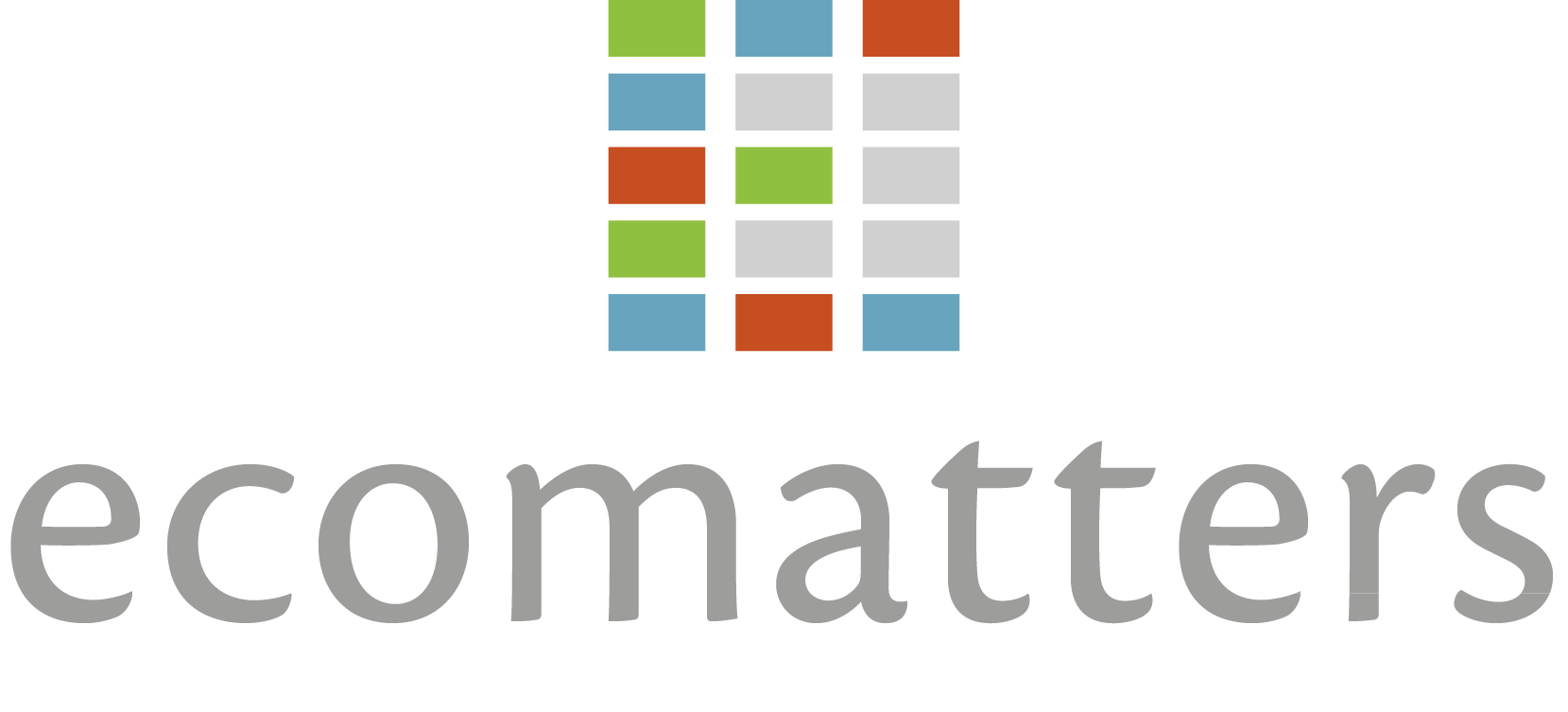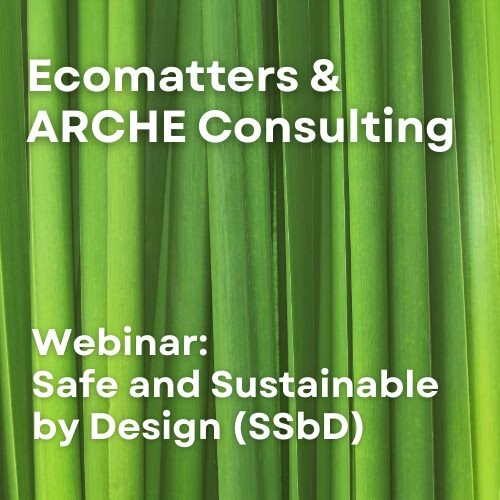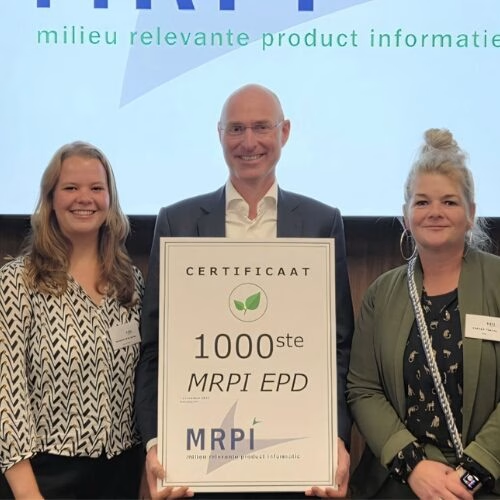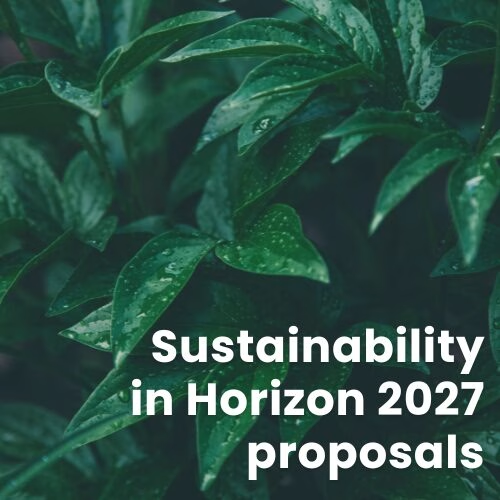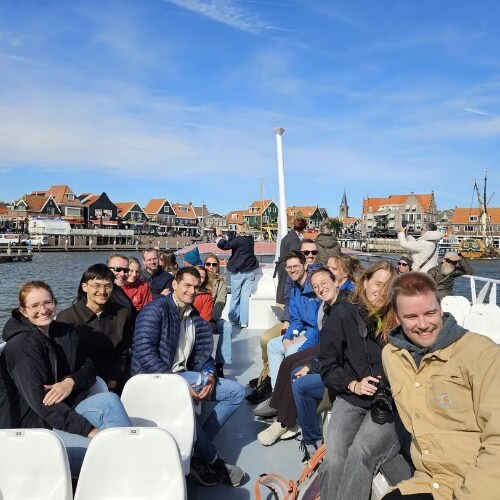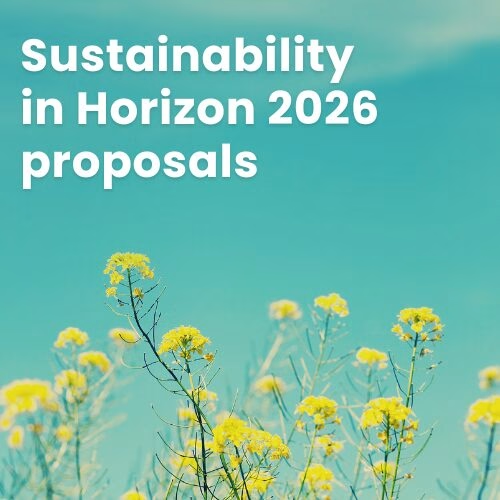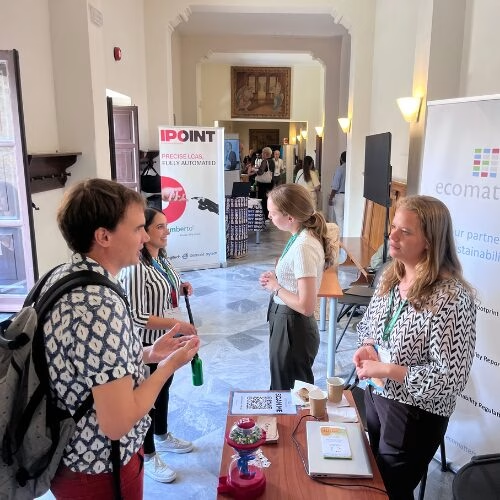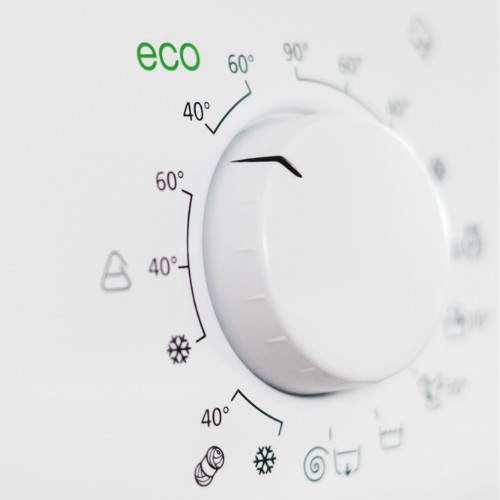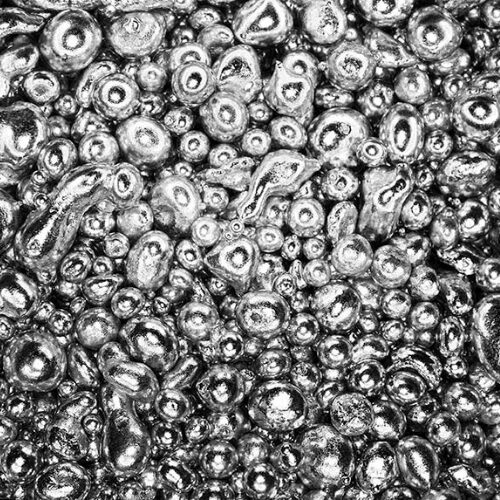One of the main reasons why companies perform an LCA is intending to make an environmental claim. Often what the (especially new and sustainability-driven) businesses are striving for is claiming that their product or service is better than the competitor one. Formally, that would be called a comparative assertion, and if you want to make one, there is something you need to know about it.
1. You are open to scrutiny
Even though LCA assesses the environmental impact of a product through its life cycle, it has representative limitations and thus cannot reflect a system with 100% accuracy. These limitations arise from data collection constraints, the methodology of different LCA steps, and choices made by LCA practitioners. It is even more true when looking into the analysis of two products instead of one. Naturally, if you claim that your product is better than somebody else’s, then this other person might want to disprove it and the limitations of a comparative LCA are one of the main points to make. You could also consider comparing your improved product to one of your own older products
What to do about it: follow well-established standards, be careful with bold statements, and be open-minded to the possibility of criticism.
2. The standards might be quite demanding.
Assuming you decided to do it right and follow a standard. The most common is to use a standard of the ISO14040 family since it is widely accepted, overarching developed and gives guidance on multiple aspects of both methodology and the process. All this comes with a very high level of standardizing every step. Having a look at ISO14044:2006 Environmental Management — Life cycle assessment — Requirements and guidelines, you can see that the standard even gives you the structure and content of the final report and who should perform the review and how. Want it or not, you have to follow it in order for your claim to be accepted by the public.
What to do about it: be very thorough and actually enjoy the clear guidance to follow.
3. Data collection can be a pain
As you are open to scrutiny, you want to make sure that your assumptions and choices are fair. That means that you will strive for setting equal system boundaries and getting data of equal (ideally excellent) quality and certainty for your assessments: both your product and of the competitive one. Unsurprisingly, chances are that your competitors won’t be very open to providing you with the data. First, it’s probably confidential. Second, you are trying to say you are better than they are, and they most likely don’t want to help you with that. Therefore, you need other ways to get information, which will probably be more expensive and effortful. Moreover, your competitors inherently have different settings that are “unfair” to compare with yours, especially if you compare very different technologies. There is no way around it.
What to do about it: accept it, use your network, use all sources you can think of, and perform lots of sensitivity analyses.
4. You need to have a good review panel
When you claim something to the public, the public (and especially those who are interested) could be skeptical to your claim. Somebody external, independent and credible has to review your study. Ideally, this would be a panel of these people (by ISO, at least three). In principle, the third-party review panel has to include representatives of interested parties, affected by the potential outcomes of your comparative LCA. It could be governmental agencies, NGOs, industry, (potential) competitors, and customers. Whoever they are, the panel members should have expertise in LCA or relevant impact categories disciplines to make their conclusions credible. This might sound scary, but remember that the panel will follow the standards as well. And if your product indeed has a better performance there should not be too much worry.
What to do about it: Choose a panel with experience and be open to their input and perspectives.
5. Your claim might (and hopefully will) affect others
Eventually, you make your comparative assertion showing that your product is indeed better. You do attract more customers to your more environmentally friendly business, and increase your market share. It also means that the world out there starts using your product more and more: in their lives, or in their businesses and their claims. If something goes wrong, they will come to you. It might be that the product performs worse than you showed in your study, but it also might be that the comparative LCA results just got misinterpreted. Even if you’re right, it might get very costly for you to sort out and prove.
What to do about it: remember who you are doing it for, reduce the involvement of your judgement when possible, and be very transparent in what your study shows and what it doesn’t.
In conclusion, a comparative LCA is more challenging, time-consuming, and resource intensive than a regular LCA. However, it will be structured, more scrutinized, and very robust. Take your time to think about what you need it for and how it could be achieved in general. If you decide to go for it: be ready for many outcomes and consider it not only a way to claim your product’s superiority but also an opportunity to find improvement points and develop your product further.
